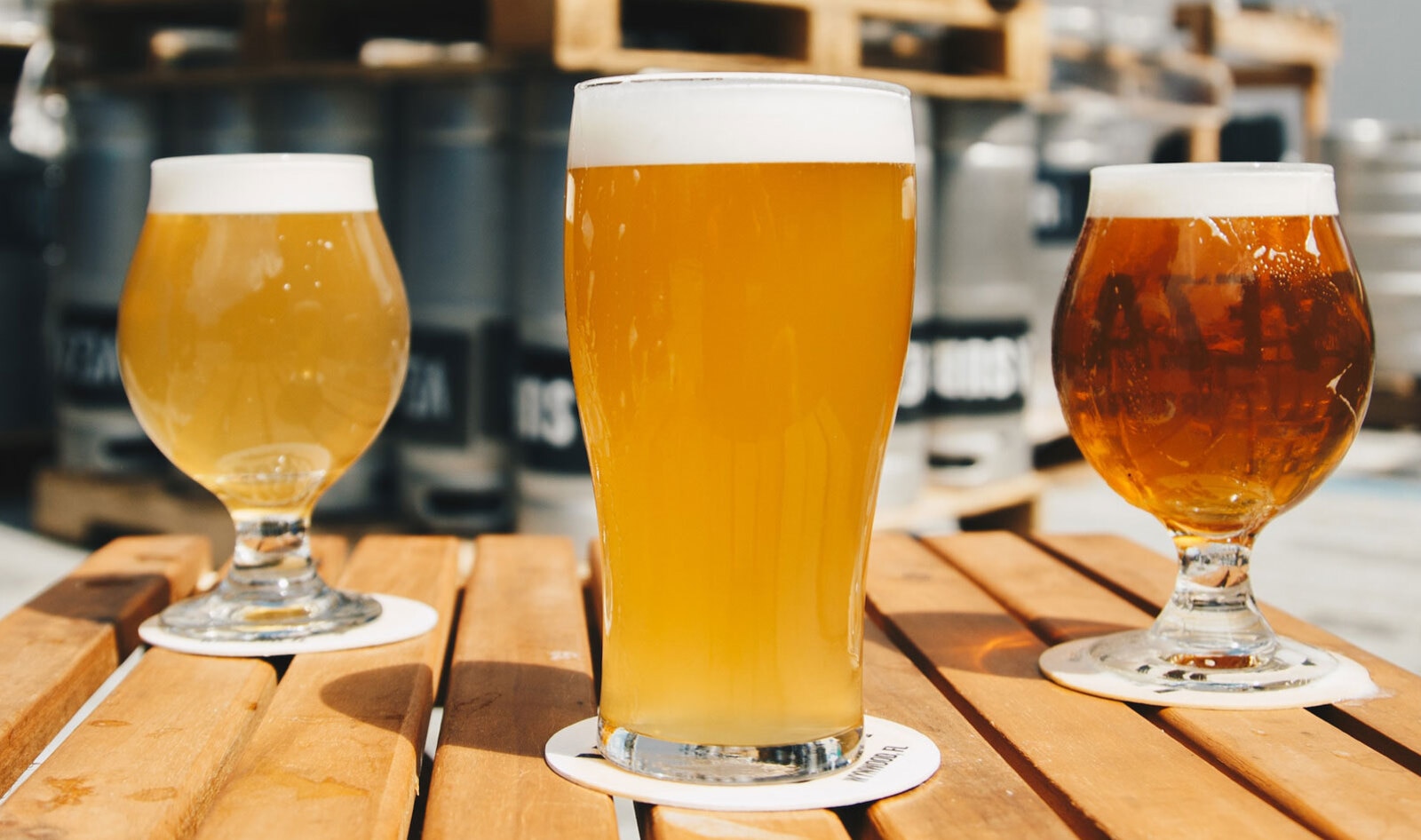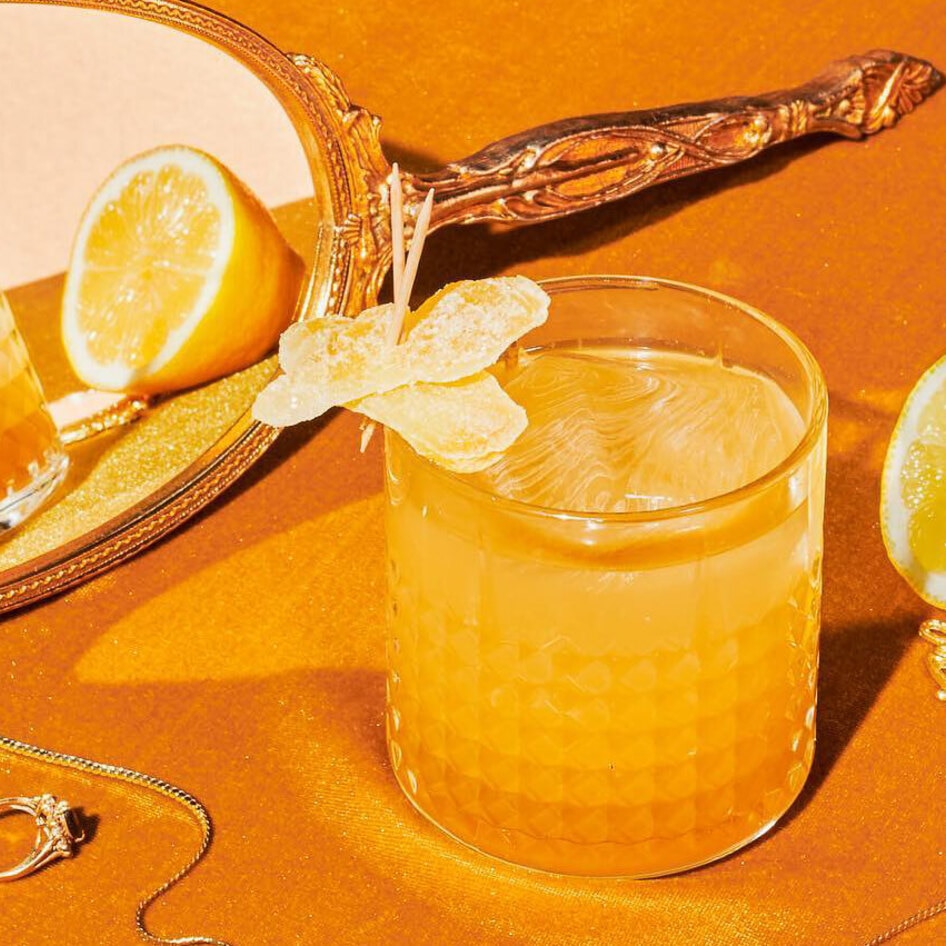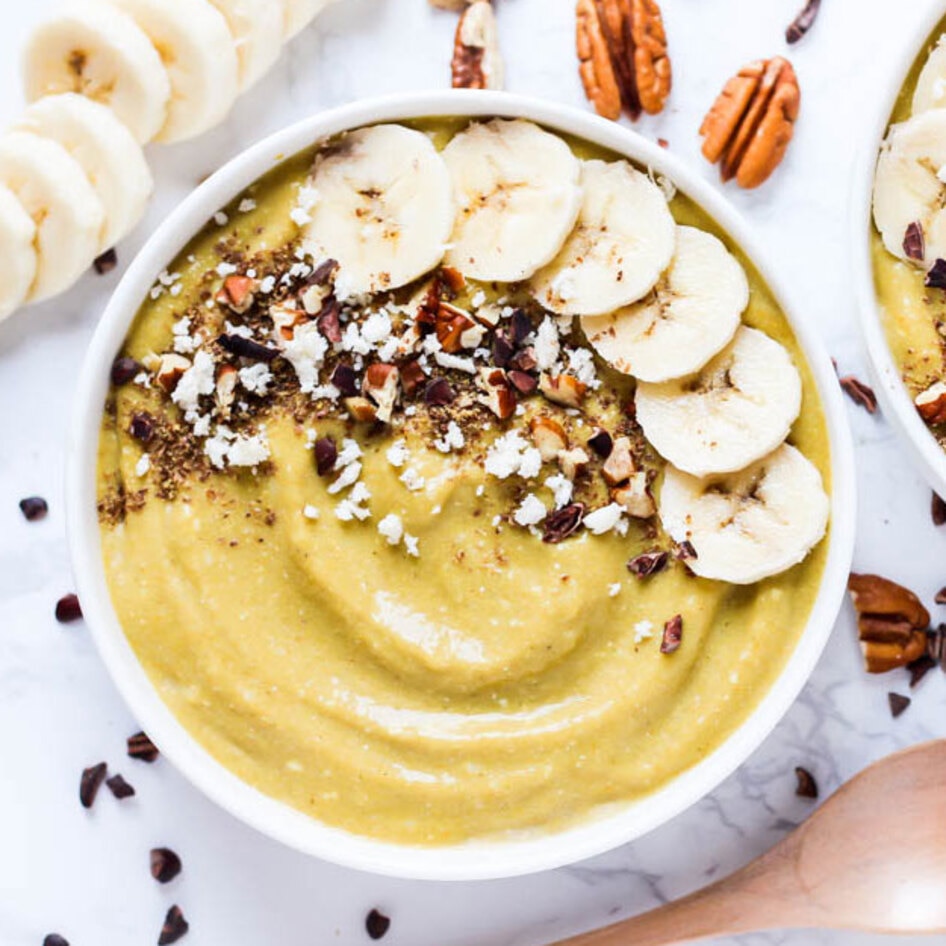Back in 2017, beer drinkers with a taste for compassion rejoiced at some wonderful news: Guinness—the famous Irish stout—had finally gone vegan. But those unfamiliar with how beer is made were prompted to ask, “What does this mean? Isn’t all beer vegan?”
While beer is often vegan, it’s not the case for all beer. To make its thick, creamy stout vegan, the Guinness Brewery rolled out a new filtration process that no longer used isinglass, a substance derived from the swim bladders of certain fishes, which is common in beer making.
Isinglass is an old-school solution to the challenge of clarifying beer. This process is needed because yeast converts sugar into alcohol during fermentation, and it remains suspended in the liquid thus giving beer a cloudy appearance.
The harmless yeast eventually settles to the bottom of the barrel or keg, but brewers wanted a production shortcut, so in the 19th century, many of them began adding isinglass, a fining agent that binds to yeast cells and other floating particles and sinks to the base of the brewing vessel.
Today, many breweries still use isinglass to process their beer. But the use of the swim bladder is not the only reason why some beers aren’t vegan. Find out more about the use of animal ingredients in some beers below, as well as the brands that are totally vegan.
What is beer made of?
In its purest form, beer is a fermented beverage made from water, yeast, hops, and grain, such as barley, wheat, rice, corn, or oats.
Humans have been making and drinking beer for a long time—researchers have found evidence for beer brewing that dates back 13,000 years.
In the present-day US, Native Americans were brewing a form of beer from corn, likely for ceremonial purposes, in what is now New Mexico some 800 years ago. Archeologists speculate that beer even contributed to the formation of civilization, since it motivated ancient farmers to settle down and grow the grains needed to make the sacred suds they’d use for feasts and other social gatherings.
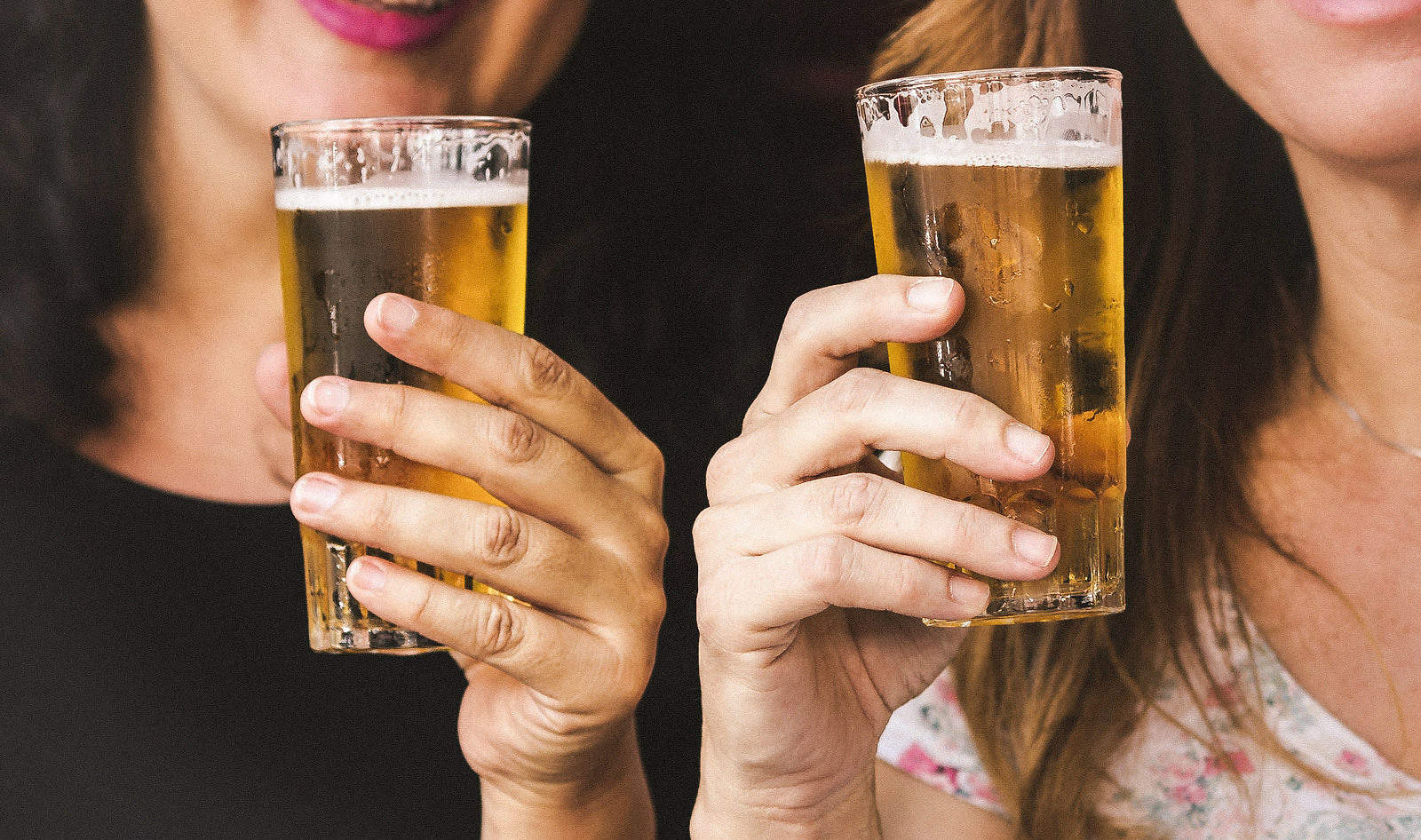 Unsplash
Unsplash
The alcohol content of beer varies widely, generally ranging from five to 20 percent. Non-alcoholic beer is becoming more common (and better-tasting), with both 0-percent and 0.5-percent alcohol marketed as non-alcoholic.
Not surprisingly, beer is the world’s third-most-popular drink, after water and tea.
What are the different kinds of beer?
There are more than a hundred types of beer, but most of them fall into two general categories: ales and lagers.
Ales are fermented with top-fermenting yeast at warm temperatures (60 to 75 degrees Fahrenheit) and tend to have a fruity flavor profile, while lagers are fermented with bottom-fermenting yeast at cold temperatures (35 to 55 degrees Fahrenheit) and offer a clean, crisp taste. There is also a smaller category of beer called hybrids, which are brewed with a combination of practices (such as being fermented with ale yeast at lager, aka cool, temperatures).
Among the more well-known ales are pale ales, India pale ales (IPA), stouts, and wheat beers. Popular lagers include pilsners, imperial pilsners, Mexican-style lagers, Belgian-style lagers, and Vienna-style lagers. The most famous hybrid beer is arguably steam beer, one of the few beer styles born in the US. Fun fact: since Anchor Stream trademarked “steam beer” in 1982, competing brewers must instead label their steam beer “common” or “California common.”

Is beer vegan?
The good news is that most beer is vegan. But unfortunately, some do contain animal ingredients. In fact, there are about a dozen animal ingredients that might be in your favorite beer.
What animal products are used in beer?
Animal ingredients used to brew beer likely won’t appear on any label, especially when they’re used in the fining process, but here’s a list of the most common (and a few uncommon) animal ingredients found in beer.
- Albumin: Used as a foaming agent, albumin is a protein derived from animal blood or eggs.
- Bone char: Burned animal bones used in the filtration process
- Carmine: A red dye made from cochineal beetles, carmine may be found in beers that have a pink hue
- Casein: A milk protein used to clarify beer
- Chitin/chitosan: Chitin and its derivative chitosan are substances primarily derived from the exoskeletons of lobsters, crabs, and shrimps, although they can also come from fungi; they are used as fining agents.
- Gelatin: This fining agent is made from decaying animal skins, boiled bones, and the connective tissues of cows and pigs.
- Glycerol monostearate: Another foaming agent, glycerol monostearate is typically made from animal fats, although it can also be made from plants.
- Honey: An animal-derived ingredient sometimes used to flavor beer or raise its alcohol content or as the basis of mead
- Isinglass: Perhaps the most common fining agent, isinglass is a collagen made from swim bladders, an organ certain tropical and subtropical fishes use to control their buoyancy.
- Lactose: This sugar found in milk can sweeten beer without adding alcohol, since brewing yeast cannot ferment it. It is especially found in “milk” or “cream” stouts.
- Oysters: Once used as a fining agent in “oyster” stouts, oysters are now added to flavor them.
- Whey: A flavor additive made from dairy
Vegan beer fining agents
While some beer makers seem stuck to isinglass and other animal-based fining agents, a growing number of brewers are using vegan options to clarify beer, such as centrifuges, bentonite clay, cold conditioning, diatomaceous earth (a type of sand comprised of fossilized algae), and a seaweed called Irish moss.
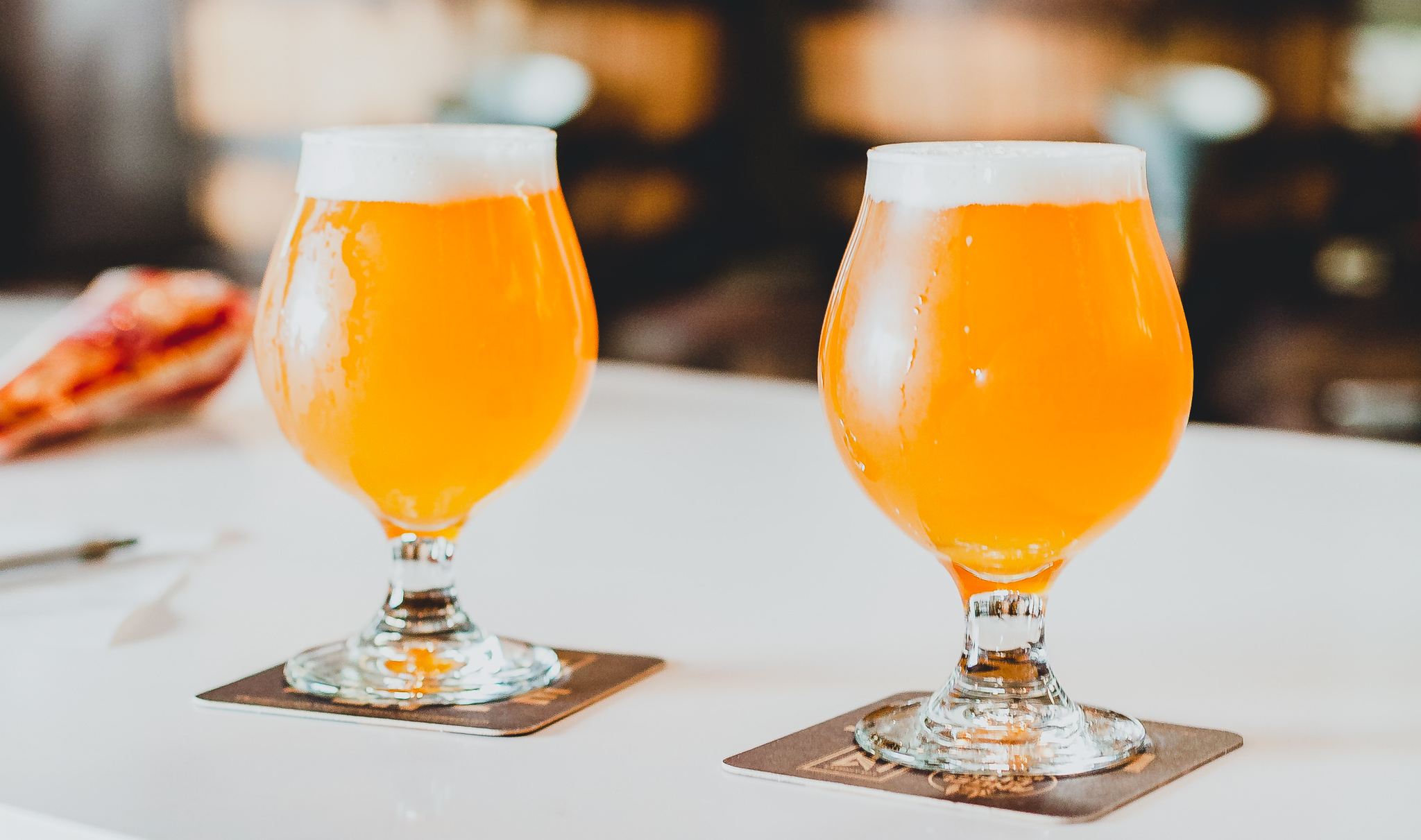 Jose Hernandez
Jose Hernandez
“To prevent chill haze, most of our brands receive a small dose of Irish moss during the boiling process in the brewhouse, which helps to precipitate out the haze-causing proteins from the malt,” Ashlee Mooneyhan of Sierra Nevada Brewing Co. tells VegNews. “Additionally, our process typically includes plenty of cold time below 30 degrees Fahrenheit, followed by a quick spin through a centrifuge before packaging to remove the remaining material that would contribute to clarity issues. Some beers are also clarified through contact with an adsorbent polymer and passing through a filter to achieve even higher clarity.”
Some brewers have gone truly traditional and opt to store their beer for longer, allowing the yeast and other particulates to settle naturally. This is a process called “long lagering,” from the German word lagern, meaning “to store.”
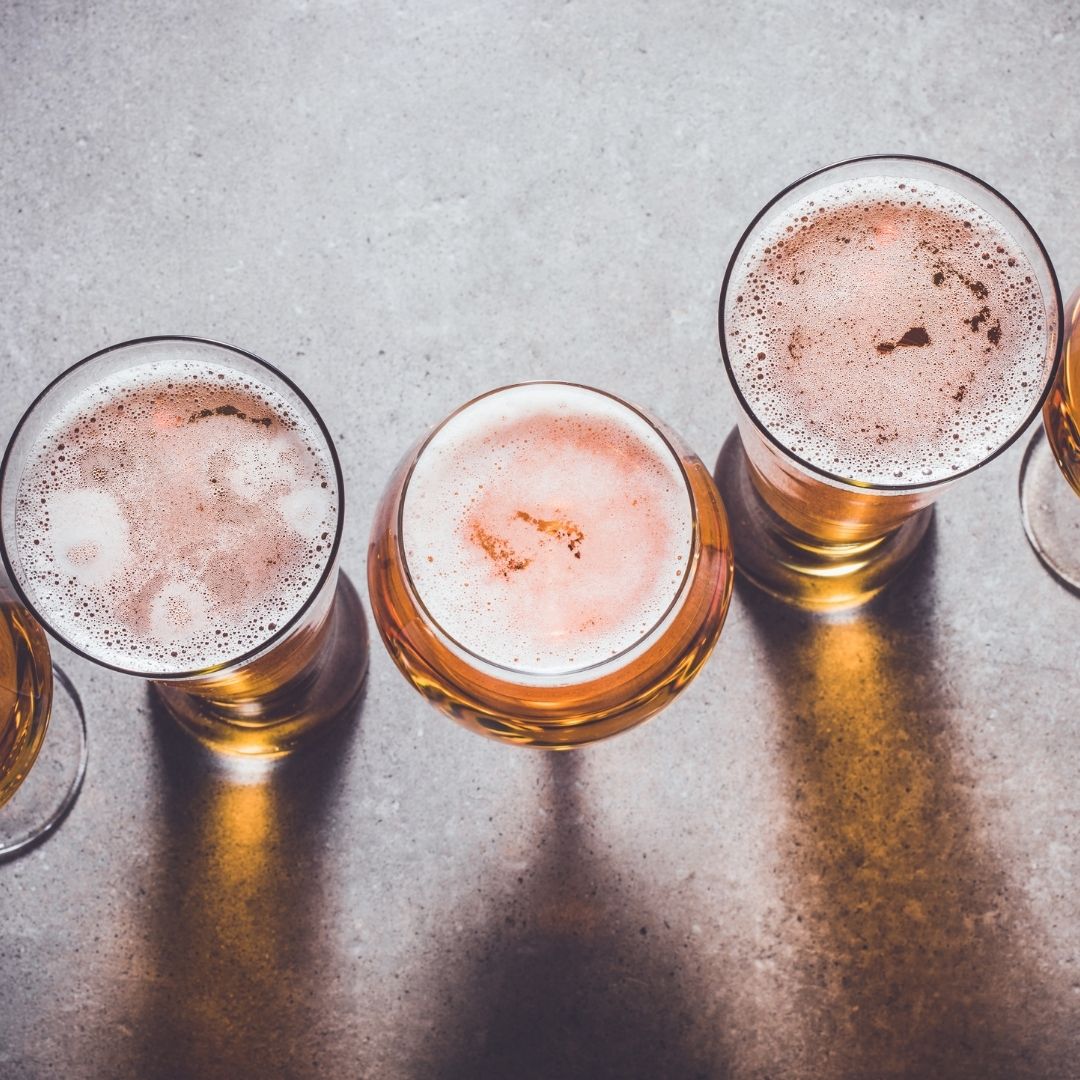
How to choose a vegan beer
Brewers make their beer-crafting decisions to create a delicious product, not necessarily to attract vegans, so they rarely label or market their beers as vegan-friendly or not. That may change as more food and beverage companies recognize the demand for vegan products but, in the meantime, it makes finding vegan beers a bit of a challenge.
Currently, one of the easiest ways to identify a vegan beer is to check the website Barnivore. The online directory uses crowdsourcing to identify and evaluate the vegan-friendliness of more than 62,000 adult beverages.
You can also download BevVeg, a free mobile app managed by an international law firm that certifies vegan beer, wine, liquor, and other products. There are reportedly more than one million beverages listed in their database.
Another—and perhaps the best—option is to contact the brewer directly and ask them if a particular beer uses any animal ingredients in the manufacturing process. This will provide the most up-to-date answer, and it will remind the company that there is a growing demand for vegan products.
BECOME A VEGNEWS VIP: Get exclusive product deals, freebies, and perks galore!
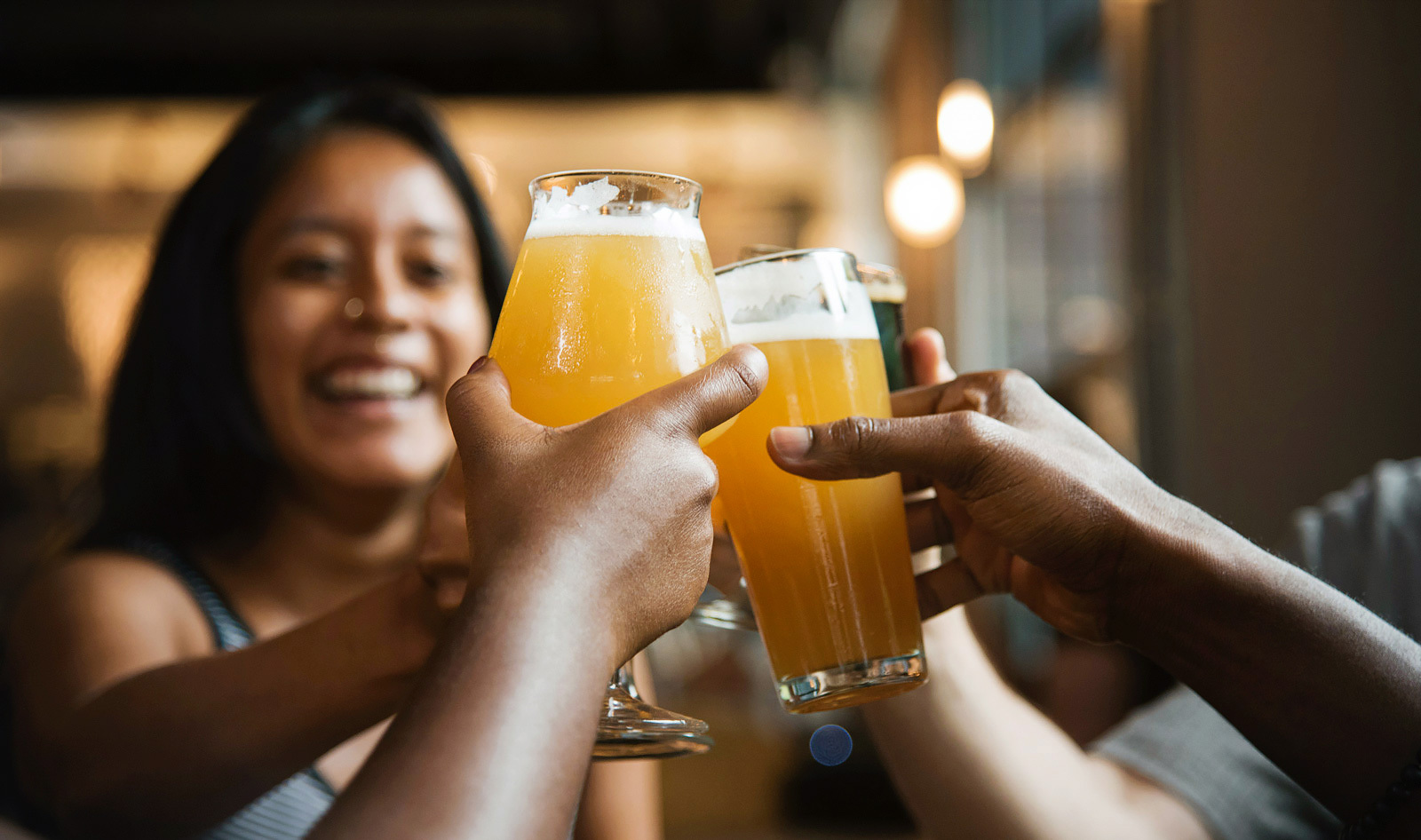 Pexels
Pexels
But if you don’t have time for all of that right now, below, you can find a list of vegan-friendly beer brands from us. Cheers!
- Abita
- Alaskan Beer
- Alexander Keiths
- Arbor Brewing
- Asahi
- Beck’s
- Blue Moon
- Bud Light
- Budweiser
- Carlsberg
- Chimay
- Coors Light
- Corona
- Dos Equis
- Geary Brewing
- Guinness
- Heineken
- Hopworks
- Innis and Gunn
- Labatt
- Lindeman’s Beer
- Maui Brewing
- Mercury Brewing/Ipswich Ale (except for Castle Hill Summer Barley Wine)
- Miller
- Mill Street Brewery (except for Apiary Ale and Milkshake IPA)
- New Holland Brewing
- Okanagan Springs
- Peak Organic Beers
- Phillips (except for Longboat Chocolate Porter)
- Samuel Smith’s Old Brewery (except for Bitter and Yorkshire Stingo)
- Santa Fe Brewing (except for Viszolay Belgian)
- Sebago Brewing
- Sierra Nevada
- Sixpoint Craft Ales
- Steam Whistle Brewing
- Stella Artois
- Tree Brewing
- Wild Rose Brewery
- Yards Brewing (except for Chocolate Love Stout and Thomas Jefferson’s Tavern Ale)
- Yuengling
For more plant-based stories like this, read:
JUMP TO ... Latest News | Recipes | Guides | Health | Subscribe
Here at VegNews, we live and breathe the plant-based lifestyle, and only recommend products we feel make our lives amazing. Occasionally, articles may include shopping links where we might earn a small commission, but in no way does this effect the editorial integrity of VegNews.

